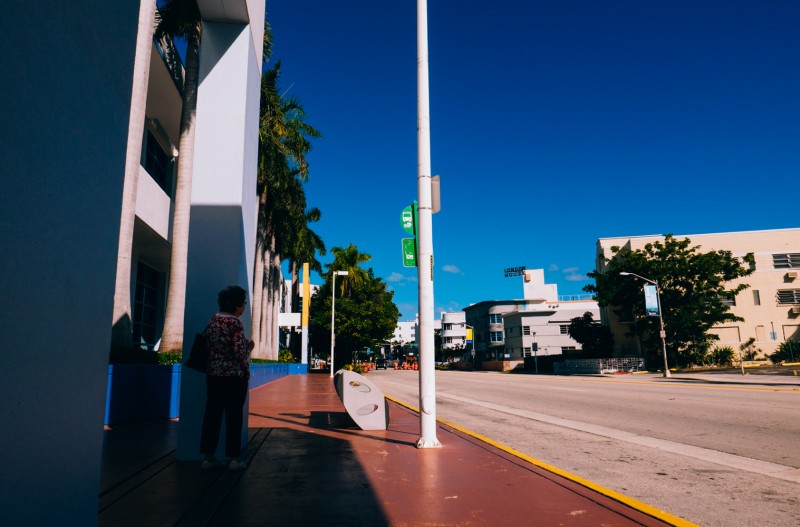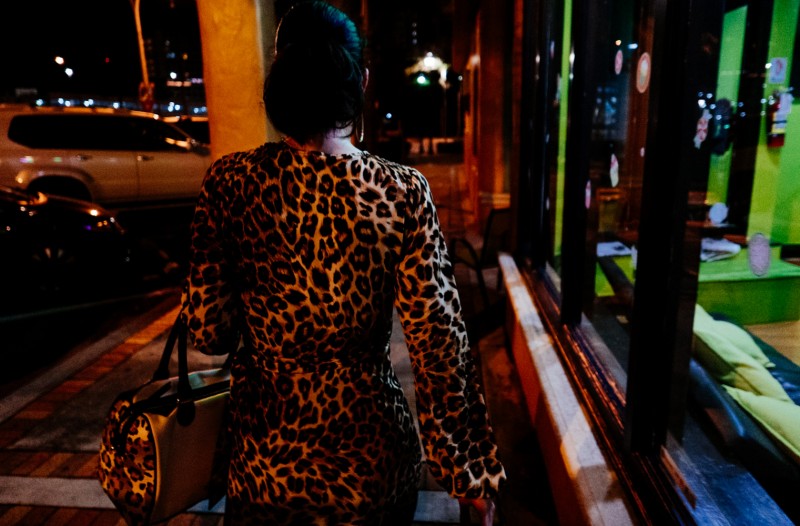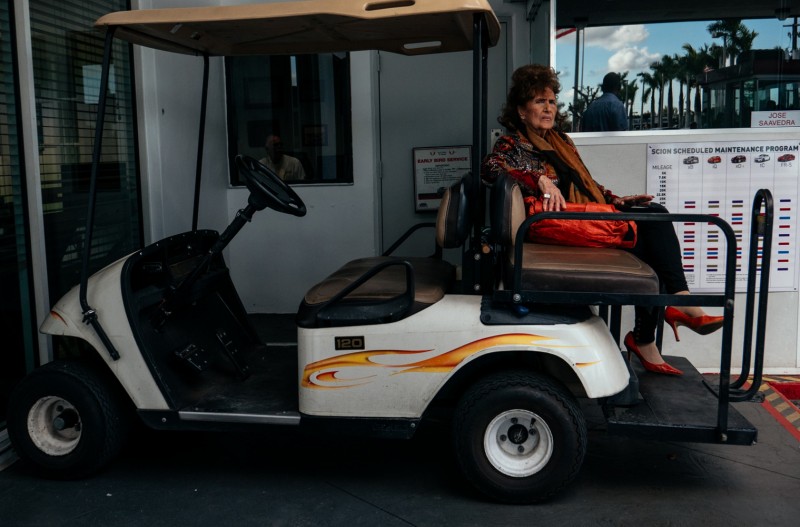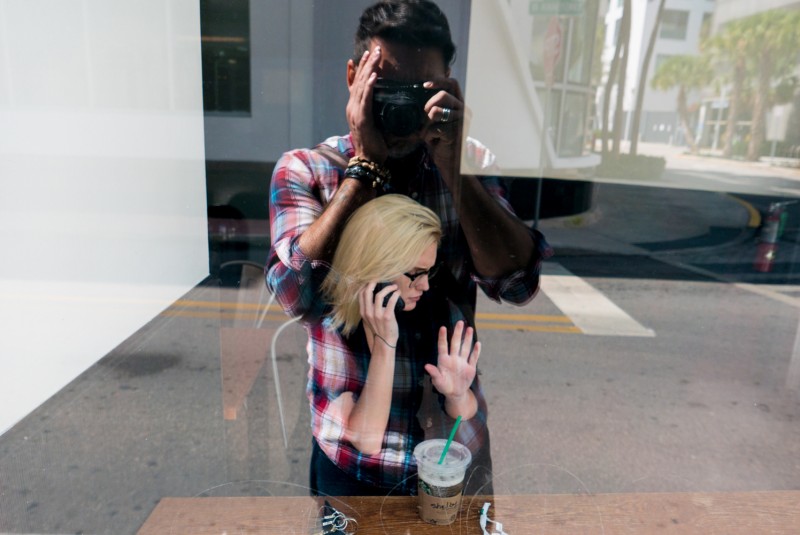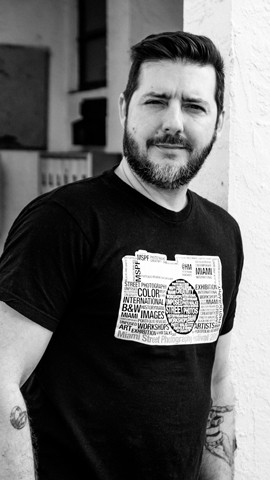On the D-Lux109
On the D-Lux109
Christian Robotti
June 7, 2016
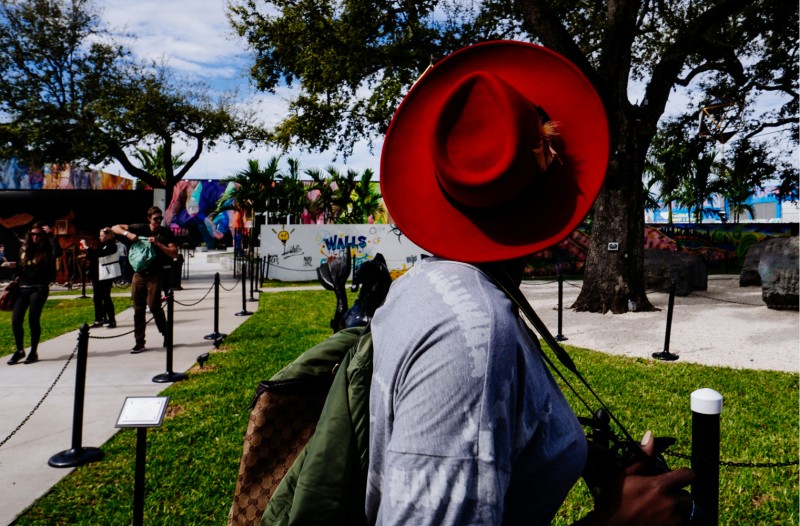
How did you come to own your D-Lux?
In 2014, I took part in the 4th annual contest of the Coral Gables Museum, called Capturing Coral Gables. I won in the Street Photography category, and also won the People’s Choice Award. The grand prize was a Leica D-Lux109. Up until then, my go-to digital street camera had been the FujiFilm x100s.
What were your first impressions of the camera?
Initially I wasn’t sure whether I was going to like the D-Lux, for several reasons. First off, it isn’t a rangefinder or has no optical viewfinder. I had become used to looking through the finder and seeing the world pass by in real time. Secondly, the D-Lux is only a 13MP camera, whereas I like being able to print large formats. Thirdly, it has a zoom lens. When it comes to street photography, I love to shoot wide, and actually dislike having the option of zooming in on my subjects. But after a year of shooting with this camera, any concerns or reservations have completely disappeared.
What about its size and handling?
The camera is small, easy to carry around, and quiet – three very important qualities if you are a street or documentary photographer. It enables me to be very unobtrusive, though I recently changed the settings so that it now makes an electronic shutter sound. I was missing that psychological connection in the actual moment of taking the picture. It's still very quiet, so unless you are in a completely silent room, people around you won’t hear it. The camera’s small size also allows me to document the bridal preparations at weddings, when I want the kind of maneuverability that my Canon rig just doesn’t give me. I also tend to use the D-Lux to shoot the dancing at the reception, because by that time my arm usually feels as though I’ve been carrying a small elephant all day. And with the D-Lux I can get very close without having my camera, flash and diffuser bounce around all the bodies on the dance-floor, where people are trying to have a good time.
But the majority of your Gallery uploads are street shots.
I’m the type of photographer who goes out and captures whatever I come across. I don’t have a preconceived plan, unless I’m shooting documentary work. I don’t say to myself, “Okay Christian, today we are only going to shoot reflections.” That’s just not me. Street Photography is a form of meditation, and creating walls or barriers becomes counter-intuitive to the Zen of walking the streets. So with this process, I am in high-noon sunlight or shadow, inside a bar or outside in an alley, always looking for that moment that I feel is worth documenting. Having an electronic viewfinder takes away a lot of the guess-work, allowing me to meter the scene with pin-point accuracy. This is important to me because I come from a school-of-thought where the print is very important, and having a brilliant exposure obviously helps.
Do you also make use of the D-Lux’s 4K Video?
I actually rarely use it, though again it's nice to have the option – you never know when you might want to shoot in high-quality video. It’s extremely easy to use: you simply click the red button once to record, then click it again to stop. It’s much easier than the Canon Mark II series. I mostly use it to create 12-second video montages as part of my family portrait sessions.
So how would you summarise the shooting experience?
What makes this little camera such a beast is its versatility.
Christian Robotti+-
Born in Jersey City, Christian Robotti got his Bachelor of Fine Arts in Photography in 1999, with History of Art as his minor. He became a professional wedding photographer, but street photography would always remain his favourite hobby. His work has been published in a number of photo book collections, and exhibited at numerous exhibitions.
Christian Robotti’s pictures at the LFI Gallery caught the attention of the LFI editors. You can find the photographer’s profile here. More

